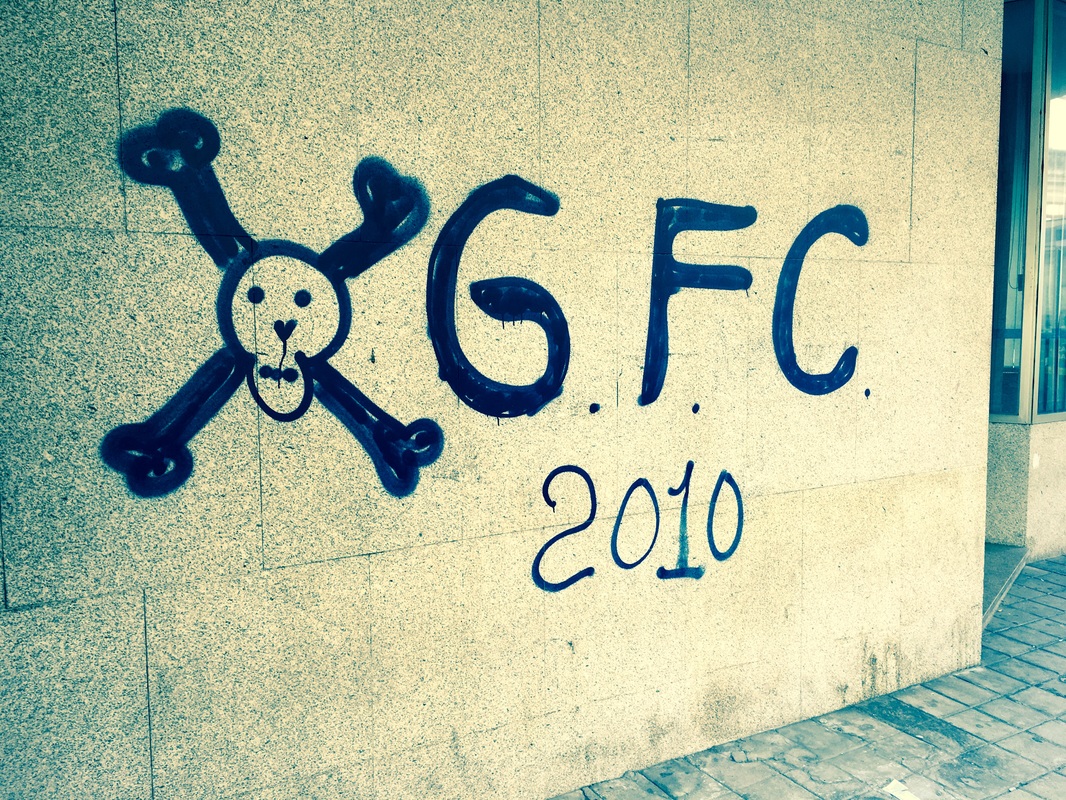- Blog
- About
- Articles
-
Places to visit
- Afife
- Águeda
- Albufeira
- Aljezur
- Almourol
- Alvor
- Amarante
- Arrifana
- Aveiro
- Azenhas do Mar
- Berlenga Grande Island
- Braga
- Caminha
- Cascais
- Castelo Branco
- Coimbra
- Condeixa-a-Nova
- Covilhã
- Douro Valley
- Ericeira
- Espinho
- Évora
- Fátima
- Figueira
- Figueira da Foz
- Funchal, Madeira
- Gondomar
- Guimarães
- Lagoa Comprida
- Lagos
- Leça da Palmeira – Vila do Conde
- Leiria
- Lindoso
- Lisbon
- Loriga
- Manteigas
- Marvão
- Miramar
- Monção
- Monsanto
- Montemor-o-Velho
- Nazaré
- Óbidos
- Peneda-Gerês National Park
- Peniche
- Piódão
- Ponta Delgada, São Miguel Island (Azores)
- Ponte da Barca
- Ponte de Lima
- Portimão
- Porto
- Praia da Costa Nova
- Praia da Ribeira do Cavalo
- Praia da Rocha (Portimão)
- Praia de São Julião
- Rota Vicentina
- Sagres
- Sandomil
- Santa Maria da Feira
- Seia
- Serra da Estrela
- Sesimbra
- Sintra
- Sintra-Cascais Natural Park
- Soajo
- Tomar
- Valença
- Valongo
- Viana do Castelo
- Videos
- Facts
- Press
- Contact
|
As mentioned in my post A brief history of Portugal, Portugal’s economy once thrived. As incredibly skilled seafarers, the Portuguese went about securing a lion’s share of the world economy from the 15th century, trading everything from timber to spices to precious stones across the globe. As the longest-lived modern European colonial empire in history, the Portuguese Empire held up for almost six centuries.
Over time however, Portugal’s empire started to disband as its colonies became independent or fell under the rule of other nations. This ended with Macau in 1999 when the colony was handed over to China after more than 400 years of Portuguese rule.
Another significant economic set-back for Portugal occurred in 1755 when an 8.7 magnitude earthquake rocked Lisbon (followed by a tsunami and fire), killing thousands and turning the prosperous capital city and economic powerhouse to ruins. If we jump forward to the 1900s, a military coup in 1926 ended Portugal’s first republic (1910-26) and propelled the country into an extended period of dictatorship, which lasted until 1974. During this time, the economy ebbed and flowed as it was impacted by both tight financial control and global isolation. When Portugal’s dictatorship ended in 1974, the country began the process of building an integrated European democracy and joined the European Union in 1986. While the fall of the dictatorship was a step forward, investment bubbles and overspending became issues under the ensuing democratic governments. Credit was used to expand the non-tradable sector and Portugal rapidly shifted to a service and construction-based economy at the expense of agriculture and industry. In a bid to qualify for the Economic and Monetary Union (EMU) however, Portugal went on to instigate fiscal deficit cuts and structural reforms and subsequently joined the EMU in 1999. In the same year, Portugal joined ten other countries in the launch of the euro and began circulating the currency on 1 January 2002. (For your interest, Portugal’s currency was the escudo before the euro.) Another major hit to Portugal’s economy came with the global financial crisis and the country was one of the worst affected in Europe. Following Ireland and Greece, Portugal had to be bailed out by the European Union and International Monetary Fund by joining the Economic and Financial Assistance Programme. Due to the country’s reform progress, it was able to exit the program three years later in 2014. Austerity measures implemented to address Portugal’s budget deficit had a flow-on effect and led to high unemployment rates (which peaked in 2013 at 17.5%), along with a mass exodus as skilled workers pursued careers in other countries – a trend that continues today. (FYI, Australia experienced its highest unemployment rate in 1992 when it hit 11%). Export activity and private consumption is improving in Portugal however and its recovering economy climbed from 51st place in the World Economic Forum’s Global Competitiveness Report in 2013-14 to 38th place in 2015-16. (Australia is currently ranked 21st, while Switzerland bagged the top spot). When it comes to big business, the Portuguese subsidiaries of many multinational companies are successful and well regarded, and in the tertiary education sector, Portugal has some of the best economics and business schools in Europe. Tourism is also picking up considerably, with places like Porto—a city relatively unknown to many a few years ago—now getting its fair share of airtime in Australian press and elsewhere around the world. All things considered, Portugal is a developed nation and an advanced European economy. FAST FACTS Major industries in Portugal
Portugal’s top three export (and import) partners
Portugal’s average income and cost of living If we compare average annual wages from 2014 (based on USD and adjusted for purchasing power), Portugal sat at roughly $24,000 compared to Australia’s $51,000. However, using a cost of living index to compare Lisbon and Sydney as an example, Lisbon is around 43% cheaper to live, and Porto is almost 50% cheaper to live than Brisbane.
3 Comments
Heather Smith
12/4/2016 01:21:55 pm
Great post - learnt heaps - so impressed
Reply
Emily McAuliffe
12/4/2016 03:32:55 pm
Thanks Heather!
Reply
Karen Koitka
15/4/2016 11:45:04 am
That was a really well written and interesting article Em. I enjoyed it, not to long winded, enough that I learnt something useful :)
Reply
Leave a Reply. |
AboutThe Portugal Wire is the blog of Australian travel writer, copywriter and photographer Emily McAuliffe. Previous postsThings you might not know about Portugal A brief history of Portugal Who was the first person to sail around the world? (Hint: he was Portuguese ... and then he wasn't) A quick overview of Portugal's economy 25 April: a shared day in history for Australia and Portugal Portugal's bridges: go big or go home Portugal and Spain: same same but different? Interesting facts about Porto Traditional Portuguese food: what to eat and drink in Portugal Who are they? Famous names on the streets of Portugal Interesting facts about Lisbon Uncovering Porto's secret gardens Lonely Planet Instagram takeover: sharing some of my favourite hidden spots in Portugal In the news... my feature in Portugal's national newspaper Diário de Notícias On board the Presidential train in Portugal's Douro Valley When the lion mauled the eagle (Porto) Kicking design goals: Cristiano Ronaldo & Pestana's CR7 hotels Lovely Lisbon: my top picks of where to eat, drink, visit and stay in Portugal's capital city Porto street art: fighting the good fight The best places to visit in Lisbon: 5 of my favourite neighbourhoods Big waves in Nazaré: my favourite beach town in Portugal Best things to do in Porto Portuguese wine: yes, the wines of Portugal extend far beyond port Portuguese architecture Part I: Manueline style Portuguese architecture Part II: Pombaline style When is the best time to visit Portugal? Food to try in Porto: northern Portuguese cuisine explained Filigree designs: the beauty behind traditional Portuguese jewellery Archive
December 2019
Categories
All
|
THE PORTUGAL WIRE
Emily McAuliffe
www.emilymcauliffe.com
- Blog
- About
- Articles
-
Places to visit
- Afife
- Águeda
- Albufeira
- Aljezur
- Almourol
- Alvor
- Amarante
- Arrifana
- Aveiro
- Azenhas do Mar
- Berlenga Grande Island
- Braga
- Caminha
- Cascais
- Castelo Branco
- Coimbra
- Condeixa-a-Nova
- Covilhã
- Douro Valley
- Ericeira
- Espinho
- Évora
- Fátima
- Figueira
- Figueira da Foz
- Funchal, Madeira
- Gondomar
- Guimarães
- Lagoa Comprida
- Lagos
- Leça da Palmeira – Vila do Conde
- Leiria
- Lindoso
- Lisbon
- Loriga
- Manteigas
- Marvão
- Miramar
- Monção
- Monsanto
- Montemor-o-Velho
- Nazaré
- Óbidos
- Peneda-Gerês National Park
- Peniche
- Piódão
- Ponta Delgada, São Miguel Island (Azores)
- Ponte da Barca
- Ponte de Lima
- Portimão
- Porto
- Praia da Costa Nova
- Praia da Ribeira do Cavalo
- Praia da Rocha (Portimão)
- Praia de São Julião
- Rota Vicentina
- Sagres
- Sandomil
- Santa Maria da Feira
- Seia
- Serra da Estrela
- Sesimbra
- Sintra
- Sintra-Cascais Natural Park
- Soajo
- Tomar
- Valença
- Valongo
- Viana do Castelo
- Videos
- Facts
- Press
- Contact



 RSS Feed
RSS Feed